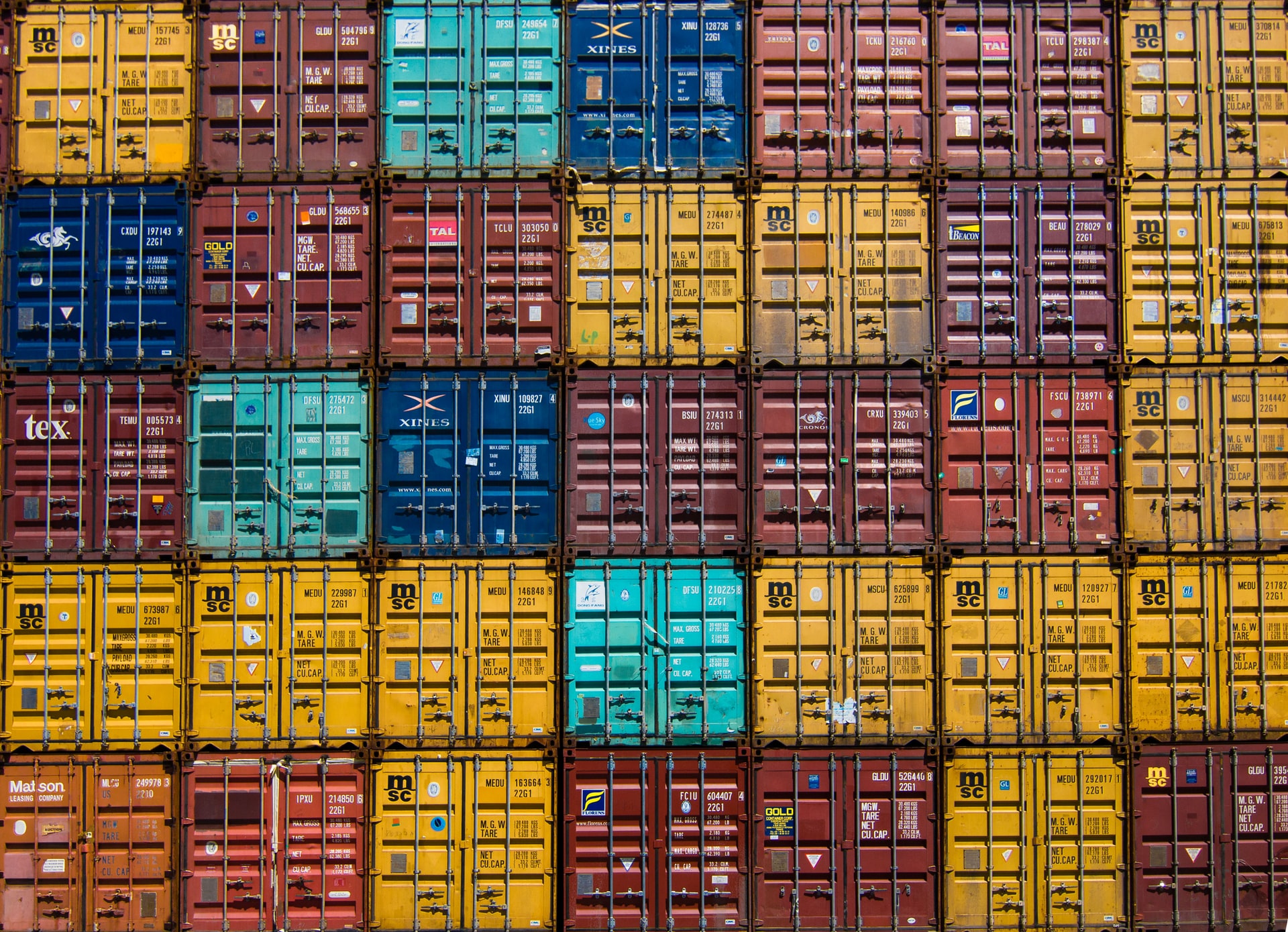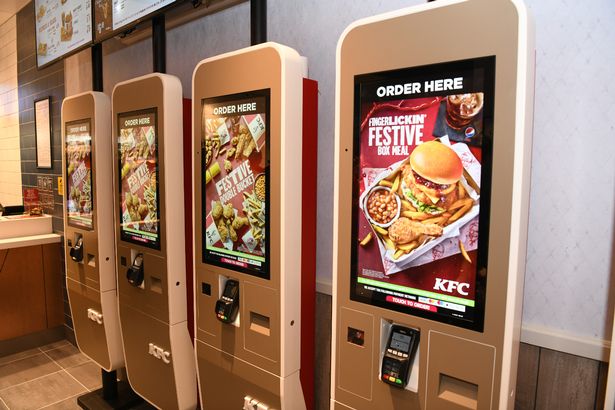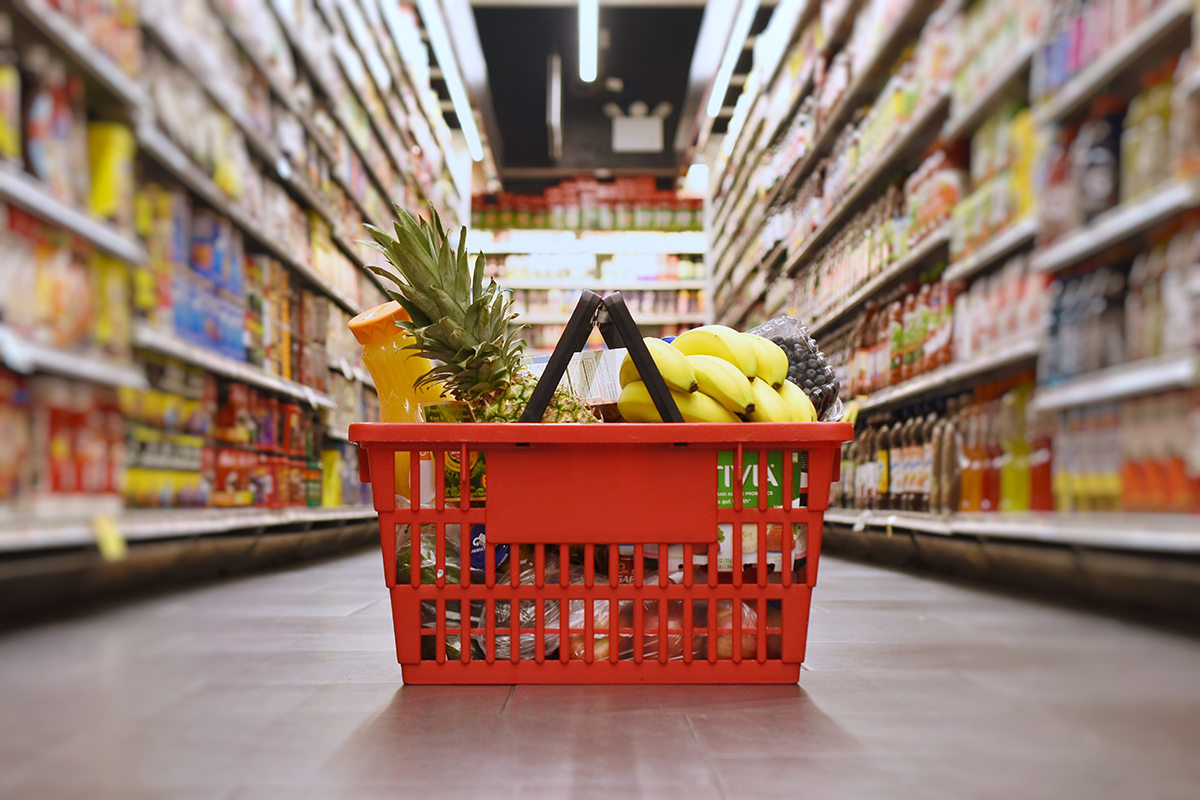In a data-driven world, navigating the challenges of today’s supply chains requires an unprecedented level of agility. This calls for supply chain tools that deliver network-wide trading partner connectivity to enable real-time visibility, demand and supply planning, and production scheduling insights.
Fortunately, modern tools deployed in an organization’s technology stack can digitally transform the supply chain, revealing new opportunities for innovation across the entire network.
At the same time, automation and advanced analytics delivered in a digital environment can synchronize production and distribution activities to match demand.
Read More
Topics: Manufacturing, Distribution, Supply Chain, Warehouse Management Systems, Enterprise Software, WMS, Supply Chain Management
1. Are we organizationally ready for significant change?
Organizations are only as good as their people, and manufacturers must look carefully at whether they have the right people and culture to support a different way of doing things. It is the people who will be responsible for implementing change, and they should be ready, committed, and on board with any type of transformation plan.
An organization’s culture can make or break a digital transformation project and “organizational change management” is one of the key components of such a project. Organizations should aim for an inclusive culture where people feel like they are key contributors to the company’s future success.
To achieve this, management teams should encourage a culture of openness to help employees step forward with their ideas. All change, and all transformation, starts with an idea – so it’s important for people to feel empowered to put their ideas out in the open.
Read More
Topics: Digital Transformation, ERP, Manufacturing, Distribution, Rentals & Equipment, Supply Chain, Fashion & Apparel, Industrial Manufacturing, Digital Manufacturing, Infor M3 ERP, Enterprise Software, Retail Supply Chain, WMS, Supply Chain Management
Many consumers are passionate about the quality of their food, the health implications, and the environmental footprint made by food manufacturers. To meet their shifting expectations, food and beverage manufacturers must speed product introductions and develop new offerings that reflect the changing views on what is fresh, healthy, and mindful—and technology can help. It’s not just taste, freshness, and convenience that drive food purchases today. Conscientious consumers also focus on health, wellness, and social issues as they shop for family meals. They take nutrition labels, visibility into suppliers, humane treatment of animals, and environmental sustainability into consideration when shopping for food. While these expectations put added pressure on food and beverage manufacturers, companies that turn to technology to help, should seize the opportunity. Meeting the demands of today’s socially aware consumers can be a valuable differentiator.
Read More
Topics: ERP, Food & Beverage, Supply Chain, Food Technology, CloudSuite Food & Beverage, Infor M3 ERP, Enterprise Software, WMS, Supply Chain Management
When companies rely on a dated warehouse management system (WMS) to run their distribution centers, it’s not uncommon with the IT staff familiar with the system to move on. Unfortunately, this leaves the company without an in-house expert to manage issues as they arise. Plus, if the original vendor is no longer supporting that version of the system, it can be incredibly difficult to get the system back up and running.
Over time, each organization builds the distribution ecosystem that uniquely addresses its needs. The challenge emerges when only a handful of people understand how to manage and maintain that system successfully and perhaps only one individual truly understands the complete picture. With a mission critical WMS and corresponding data at the very core of the business, any scenario that puts it at risk is can be detrimental to getting products out the door.
Read More
Topics: ERP, Distribution, Supply Chain, Warehouse Management Systems, Supply Chain Network, Cloud BI, Enterprise Asset Management, Enterprise Software, WMS
Restaurant and food services organizations have adapted their services in recent times by investing in cloud-based restaurant point of sale and its capacity to integrate across locations with emerging technology. A big trend within that has been in POS integrations with mobile and self-serve solutions that allow guests to manage their own orders. This is particularly pertinent in an era of social distancing. But even before that became central to how restaurant and food service organizations engage with guests, the modern restaurant guest sought out channels where they can manage the details of their orders themselves in favor of the traditional staff-operated POS terminal. That trend was driven by how culture and technology converged.
Self-directed ordering is particularly relevant now when minimizing contact is so important to feeling safe and secure when interacting with brands. The organizations that are winning right now are embracing that by giving up control over managing the details of an order and leaving it to those who know about those order details better than anyone – the guests themselves. What kinds of benefits does this trend represent for the restaurant and food service industries in this era of change? What does it mean for organizations ahead in the 2020s? Let’s take a look.
Read More
Topics: Food & Beverage, Distribution, Supply Chain, Food Technology, CloudSuite Food & Beverage, Enterprise Software
The food and beverage industry is ripe with complexities, and the journey from idea to commercialization is long and arduous for food technologists. New product ideas or packaging developments have to endure rigorous data collection, testing, and certifications to make it to consumer shelves—processes carried out by food technologists working with manual tools, creating a wide margin for potential error.
Excel and pen-and-paper methods are common ways to record data and make calculations regarding research and development, quality standards, raw supplies orders, and dozens of other variables associated with the manufacturing process. Luckily, the industry has seen an uptick in the adoption of digital transformation methodologies. Accessible, commodity-based technologies are making it easier to accurately record data and make mission-critical calculations.
Read More
Topics: Digital Transformation, Food & Beverage, Distribution, Supply Chain, Artificial Intelligence, digital technology, Food Technology, CloudSuite Food & Beverage, Enterprise Software
The world has changed dramatically since March 2020. Supply chain models and concepts that we took for granted have been stretched, and in some cases, broken. New business models, new market opportunities, and new ways of working have emerged. As has been said by many, the world will never be quite the same. A recent report by McKinsey, “The future of work after COVID-19,” highlights that e-commerce has grown 2 to 5 times faster than before the pandemic, and that about 20% to 25% of the workforces in advanced economies could work from home between 3 and 5 days per week without a loss in productivity.
So, what is your company’s strategy for the future? Has your business model changed or evolved? Have your employee work patterns, procedures, and expectations changed? Have agility and innovation become more important? While many businesses are wrestling with these and other strategic questions, the important situation to avoid is the old, “Alice in Wonderland” scenario:
Read More
Topics: ERP, Distribution, Supply Chain, Supply Chain Network, Cloud BI, Enterprise Asset Management, Enterprise Software, Infor CloudSuite M3, Infor CloudSuite ERP
The future of planning is connected, intelligent, and continuous. Yet many companies remain so far away from this vision, it often seems unachievable. With many planning processes being so siloed and disconnected from execution, they can feel ineffective.
Fortunately, evaluations of the planning landscape reveal many organizations are adopting technologies that move towards a de-siloed, network-based approach to planning. For these companies, the primary goal centers around connecting planning capabilities to “a single version of the truth.” To optimize planning capabilities, it crucial to achieve this connection at the enterprise level as well as into the broader supply network.
But to do this involves using integrated business planning (IBP) or sales and operations planning (S&OP) to collaborate and analyze, perform demand planning to improve forecasting, optimize supply planning, and facilitate synchronization. Each of these areas are critical to a successful planning process and are more powerful when integrated and connected across a network.
Read More
Topics: Manufacturing, Distribution, Supply Chain, Warehouse Management Systems, Enterprise Software, WMS, Supply Chain Management
Only a few generations ago, most people harvested vegetables from their backyard and bought meat from the local farm. This provided simple and direct traceability. Trust across one’s food supply was inherent. With food supply chains expanding, reduced food costs, and easier access to ingredients and ready-made meals, the time-consuming vegetable garden has become less common with food and beverage producers meeting most people’s needs.
Product information and safety regulations play a larger role in food production today. In the last decade we’ve seen innumerable initiatives to introduce healthier mass-produced food, like sugar-free beverages and ready-to-eat meals made with less salt. Regulators in many countries have enacted laws to enforce these changes. The FDA, EU, and local country legislation are driving more transparency in product labeling, especially when it comes to serving sizes, calories, daily value percentages, added sugars, and more.
In the past, creating product labeling information could be easily achieved. Suppliers provided their specifications, and food processors then calculated nutritional values and listed the allergens that needed to be printed on the product packaging. It was straightforward if you didn’t change suppliers.
Read More
Topics: Food & Beverage, Distribution, Supply Chain, Food Technology, CloudSuite Food & Beverage, Enterprise Software
With spring just around the corner and rising hope that the vaccination rollout will eventually bring some relief to restrictions, it is time to start thinking about how the world of work should move forward. While the pandemic forced us to adopt new ways of working, we have learned some valuable lessons in the last year that should not be quickly forgotten. In fact, some of these new strategies should continue long after the crisis subsides as we have come to the realization that the workforce, the workplace and work itself will never be the same. Here are three concepts to consider as you plan for the future.
Read More
Topics: ERP, Manufacturing, Supply Chain, Supply Chain Network, Infor M3 ERP, Enterprise Software, Retail Supply Chain, Supply Chain Operations, WMS, Supply Chain Management











